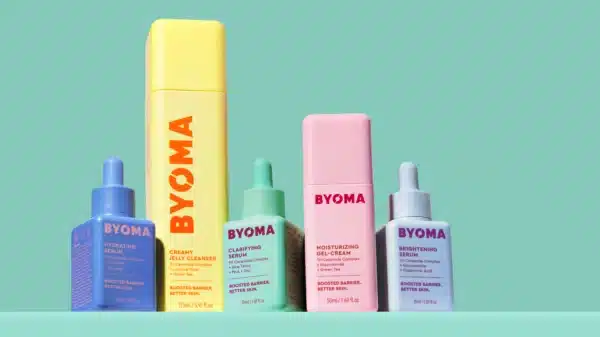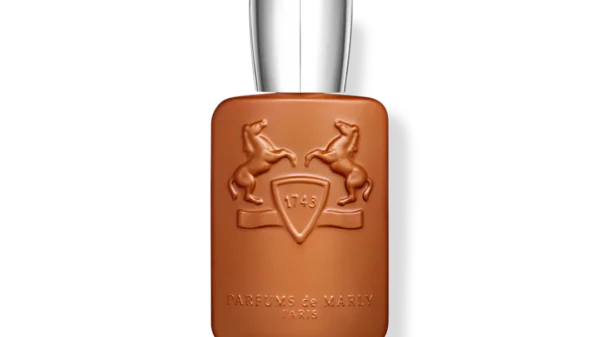Italy’s reputation as a bastion of luxury, particularly in the fashion sector, is facing challenges due to illegal dealings within the supply chain. In a statement on July 22, 2025, Italy’s industry minister, Adolfo Urso, highlighted the urgency of addressing these issues in light of recent allegations surrounding unethical practices, specifically concerning the luxury brand Loro Piana.
The Case of Loro Piana
Loro Piana, a prominent cashmere company under the ownership of LVMH, was recently placed under judicial administration by the Court of Milan after prosecutors unearthed troubling evidence of worker exploitation within its supply chain. This incident marks the fifth instance since early 2024 where a high-end fashion label has been subjected to court oversight due to similar concerns.
Minister Urso emphasized the critical nature of this issue, stating, “We cannot allow the illicit behaviour of a few to compromise the reputation of the entire sector.” This sentiment reflects a growing concern among industry leaders about the long-term effects that such practices could have on the broader image of “Made in Italy,” a label synonymous with quality and excellence.
Certification for Ethical Practice
In response to these troubling developments, Urso announced plans for a certification scheme aimed at ensuring the sustainability and legality of companies throughout the fashion supply chain. This initiative seeks to provide a safeguard, enabling established brands to dissociate themselves from the misdeeds of their suppliers and subcontractors, thereby protecting their reputations.
Critically, this measure is aimed at preventing the systemic risks of exploitation that can tarnish the industry as a whole. Previous cases involving esteemed brands such as Valentino, Dior, and Armani highlight the urgent need for intervention to secure fair working conditions.
Widespread Violations and Industry Response
The situation paints a grim picture, with prosecutors describing the exploitation of workers as a “generalised and consolidated manufacturing method” within the Italian fashion sector. This reality underscores the need for comprehensive oversight, as thousands of small manufacturers in Italy contribute to 50%-55% of the global luxury goods market, based on consultancy research from Bain.
In a proactive move, legal and political authorities, along with fashion industry bodies and trade unions, have united to implement an action plan aimed at combatting worker exploitation in the apparel supply chain. This initiative marks a pivotal step toward fostering a culture of compliance and ethical practices.
As these issues unfold, the Italian fashion industry stands at a crossroads. The establishment of a robust certification system could not only enhance accountability but also preserve the integrity of the “Made in Italy” trademark. With the collective effort of all stakeholders involved, there is hope for a revived commitment to ethical practices that honor the labor behind the luxury.
Image Source: Unsplash




























